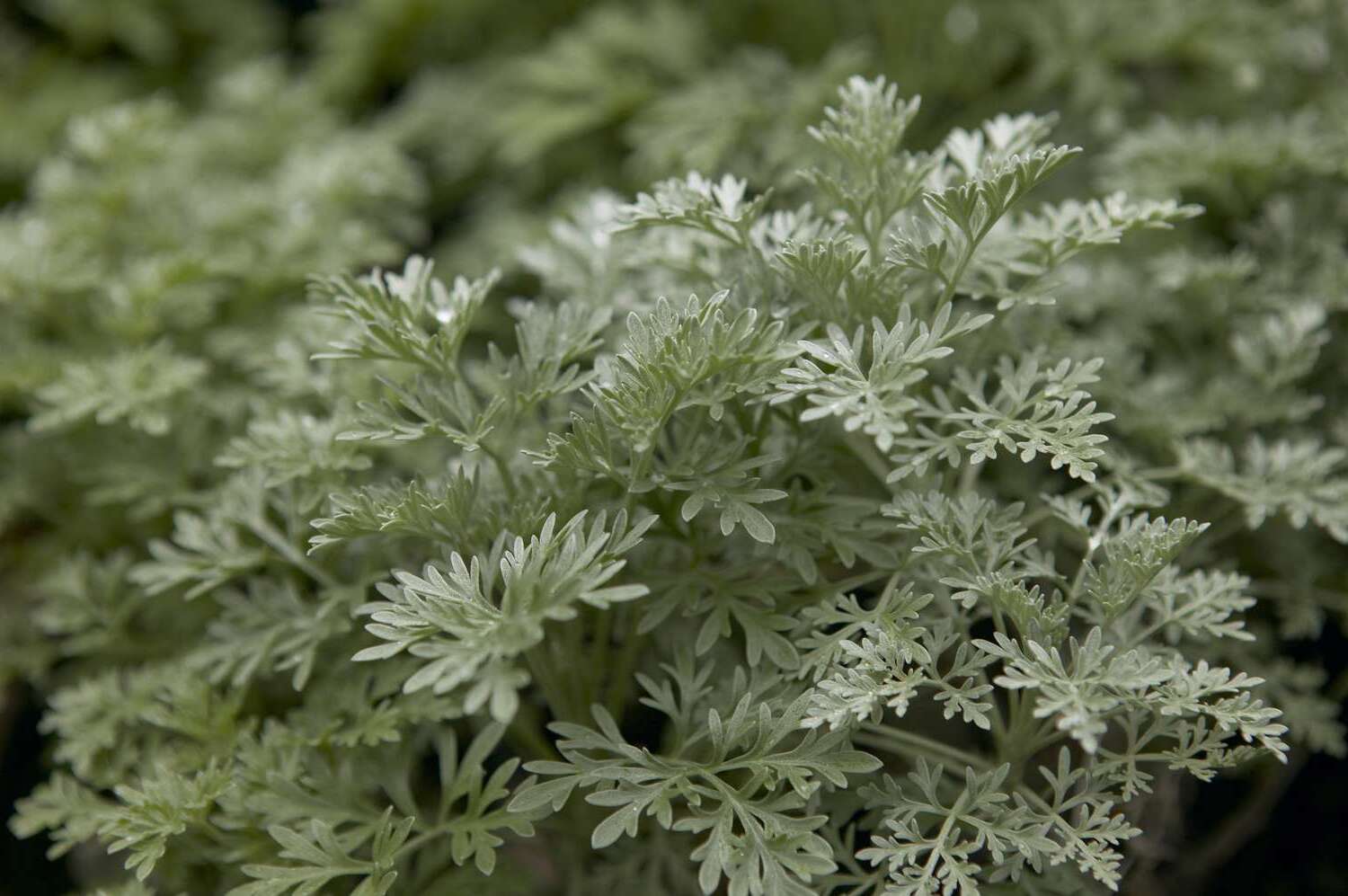
Aromatic leaves have been cherished for centuries, adding flavor and fragrance to dishes, teas, and even medicines. But what makes these leaves so special? Aromatic leaves contain essential oils that release delightful scents when crushed or cooked. These oils not only enhance taste but also offer health benefits. From the bay leaf in your soup to the mint in your mojito, these leaves play a crucial role in culinary arts and wellness. Ever wondered why some leaves smell stronger than others? It’s all about the concentration of oils. Let’s dive into 23 fascinating facts about these incredible leaves that will leave you sniffing for more!
What Are Aromatic Leaves?
Aromatic leaves are plants' fragrant parts, often used in cooking, medicine, and perfumery. These leaves contain essential oils that give them their distinctive scents. Let's dive into some fascinating facts about these fragrant wonders.
Common Aromatic Leaves
Many aromatic leaves are staples in kitchens and gardens worldwide. Here are some of the most popular ones:
- Basil: Known for its sweet, peppery flavor, basil is a key ingredient in Italian cuisine, especially in pesto.
- Mint: This refreshing herb is used in everything from teas to desserts. Its cooling effect comes from menthol.
- Rosemary: With its pine-like aroma, rosemary is often used in roasting meats and vegetables.
- Thyme: This herb has a subtle, earthy flavor that pairs well with a variety of dishes, including soups and stews.
- Oregano: A staple in Mediterranean cooking, oregano has a robust, slightly bitter taste.
Unique Uses of Aromatic Leaves
Aromatic leaves aren't just for cooking. They have many other interesting uses:
- Lavender: Often used in aromatherapy, lavender is known for its calming effects.
- Bay Leaves: These leaves are used in potpourri and sachets to keep clothes smelling fresh.
- Eucalyptus: Its leaves are used in cough drops and inhalants due to their decongestant properties.
- Sage: Burned as incense, sage is believed to cleanse spaces of negative energy.
- Lemon Balm: This herb is used in teas to help reduce stress and anxiety.
Historical Significance of Aromatic Leaves
Aromatic leaves have played important roles throughout history. Here are some historical facts:
- Laurel: In ancient Greece, laurel leaves were used to crown victors in athletic competitions.
- Mint: The Romans used mint to scent their bathwater and homes.
- Basil: In India, basil is considered a sacred plant and is often used in religious ceremonies.
- Rosemary: Medieval Europeans believed rosemary could ward off evil spirits.
- Sage: Native Americans have used sage in purification rituals for centuries.
Health Benefits of Aromatic Leaves
Many aromatic leaves offer health benefits beyond their delightful scents and flavors:
- Peppermint: Known to aid digestion and relieve headaches.
- Thyme: Contains thymol, which has antiseptic properties.
- Basil: Rich in antioxidants and has anti-inflammatory properties.
- Oregano: High in vitamins A and C, and has antibacterial properties.
- Lemon Balm: Can help improve sleep and reduce symptoms of cold sores.
Cultivating Aromatic Leaves
Growing your own aromatic leaves can be rewarding. Here are some tips:
The Magic of Aromatic Leaves
Aromatic leaves aren't just for adding flavor to dishes. They hold a treasure of benefits that go beyond the kitchen. From bay leaves to mint, these leaves have been used for centuries in medicine, beauty, and wellness. They can help with digestion, stress relief, and even skin care. Plus, they make your home smell amazing.
Next time you cook, think about the history and benefits of the leaves you're using. They connect us to ancient traditions and natural remedies. So, whether you're making a pot of soup or brewing a cup of tea, remember that these leaves are more than just ingredients. They're a link to the past and a gift to our well-being. Enjoy the magic of aromatic leaves in every part of your life.
Was this page helpful?
Our commitment to delivering trustworthy and engaging content is at the heart of what we do. Each fact on our site is contributed by real users like you, bringing a wealth of diverse insights and information. To ensure the highest standards of accuracy and reliability, our dedicated editors meticulously review each submission. This process guarantees that the facts we share are not only fascinating but also credible. Trust in our commitment to quality and authenticity as you explore and learn with us.


